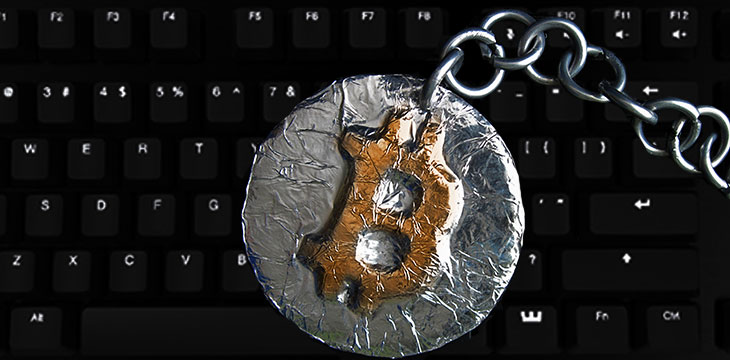|
Getting your Trinity Audio player ready...
|
The North Dakota Securities Commissioner has issued a cease and desist order against Union Bank Payment Coin, over suggestions it had been promoting fraudulent securities in the form of its recent initial coin offering (ICO).
The order was issued against the firm’s directors, officers, employees and agents concerning the ICO, with the suggestion that it could constitute a security. As such, failure to register the ICO with the appropriate authorities would constitute a serious and criminal breach of securities laws.
The development follows on from a wider crackdown on illicit ICOs known as Operation Cryptosweep. The investigation brings together regulators across 40 different states in the US and Canada, as part of a wider enforcement drive against unregistered ICOs.
On the Union Bank Payment Coin website, the token is described as the “world’s first security token backed by a fully licensed bank.”
The website shares many similarities with Union Bank AG, a Lichtenstein-based bank. However, the website itself has an IP address that has been traced to an individual in Russia, fuelling suspicions over its legitimacy.
In a press release announcing the enforcement action, North Dakota Securities Commissioner Karen Tyler said that because ICOs are largely sold online, there is a high risk of fraud for investors.
“Because ICOs are sold over the internet and pitched heavily through social media platforms, North Dakotans can be exposed to the offers whether the promoter is down the street or on the other side of the globe,” Tyler said. “Financial criminals continue to cash in on the hype and excitement around blockchain, crypto assets, and ICOs – investors should be exceedingly cautious when considering a related investment.”
While there is some suggestion the Union Bank Payment Coin may be an explicit attempt to fraudulently solicit investments, many other ICOs backed by legitimate companies contravene securities laws—most commonly related to the offer and sale of unregistered securities by unregistered parties.
With an increasing number of ICOs being found to be securities, and therefore falling within the scope of existing securities regulation, it has become increasingly difficult for ICO promoters to operate in the unregulated sphere.

 02-22-2026
02-22-2026 




